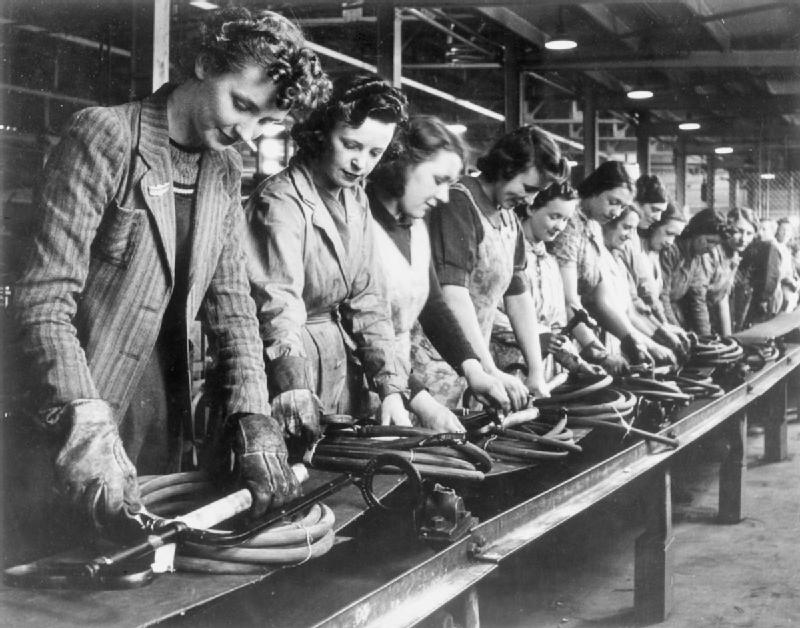A new client of ours from Spain recently sent us an article and asked whether it made “good sense” for both China and Mexico. My response was, “yes, it most certainly does ” The article [link no longer exists] nicely lays out the following “surefire steps to ensure you work with a factory that can meet your requirements:”
1. Get references and check them out. Though this may seem simple enough, following this rule will help you eliminate about 90% of the potential manufacturers on sites like Alibaba. Ask the person with whom you are emailing to provide you with references with which they have done business and who you can contact. It’s understandable if the supplier replies that they cannot give you all their customer names, but they should be able to provide you with a couple references. When you check them out, set up a phone call instead of just a casual email. You’ll learn very quickly with whom you’re dealing. If the supplier cannot provide you with one genuine reference, run away and don’t look back.
2. Use a third party to perform Supplier Verification. This should be done by your international law firm or an in-country law firm or a company that focuses on supplier due diligence. Get a detailed report that includes both government material and what is gathered by searching the internet in the language of the country in which you are looking to manufacture. Then send someone you trust to visit your potential supplier.
3. Request product documentation.Ask your supplier to provide you documents related to their quality control or product safety standards. Ask for things such as a “quality control checklist” for the product in question, or for “lab testing documentation” showing the materials it will use and whether they are safe and legal for your market of sale. If the supplier avoids this request or has no clue what you’re talking about, don’t go any further. A professional factory will be familiar with and responsive to such requests.
4. Go with your gut. You don’t need to be an expert in buying product from a specific foreign country to know when you have a “bad feeling” about something. Feel strange that the supplier is asking you to make money transfers by Western Union? Is the name on their bank account different from the company or contact person’s name with no good explanation? Is that company asking you to send your payments to the Virgin Islands? Does the supplier seem to avoid your simple and direct questions? These can all be signs of a bad partner. Do not rationalize an obvious lapse in professionalism because you feel you’re “locked-in” to one supplier.
5. Note the Quality. When you receive a sample or send someone to check the goods, what is your opinion? Does the item seem “just not right,” flimsy, cheap or have some other malfunction? If a supplier is willing to provide a sample with quality issues you will not get what you want when you place an order. Never accept the excuse that “Oh, the sample is just like this but the mass production will be better”.
The above are critical first steps towards ensuring quality product from your foreign manufacturer, but after you have chosen the right factory, there is still more to do to help ensure you receive good product on a timely basis. Your next step is to lay the foundation of the business relationship by using a good (country-appropriate) manufacturing contract. See The Seven Keys to Product Quality When Manufacturing Overseas.

























